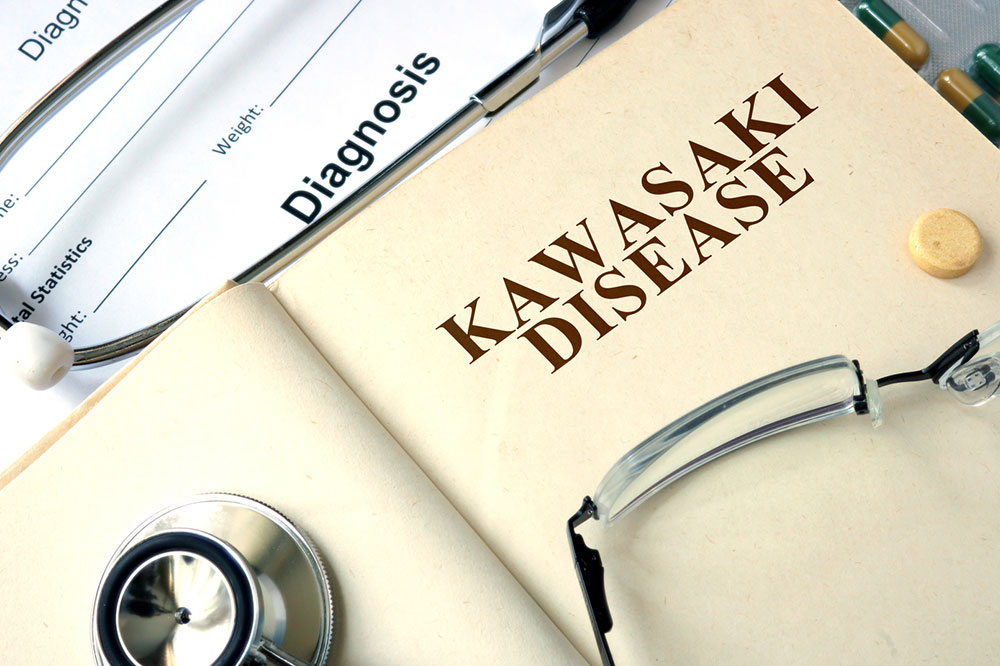
The effect of diet on Kawasaki disease
Kawasaki disease is a condition that leads to inflammation in the arteries, veins, and capillaries. Also called mucocutaneous lymph node syndrome, the disease usually affects children, with around 4,200 cases reported every year in the country. Children of all genders, races, and ethnicities can be diagnosed with Kawasaki disease, but boys are more susceptible to this condition compared to girls.
The symptoms of Kawasaki disease include swollen hands and feet, high fever for more than three days, and abdominal pain and vomiting. Fortunately, using a combination of medications and lifestyle measures, Kawasaki disease can be controlled. However, in this article, we’re focusing exclusively on how diet affects Kawasaki disease.
Diet and Kawasaki disease
Researchers and experts are unsure what causes Kawasaki disease. The condition is not well understood and is usually flagged as a genetic disorder. The link between diet and Kawasaki disease is also somewhat unclear, though a research study published a few years ago could help scientists understand it better.
The study, which was published in the journal Nutrition Research, went on to conclude that increased soy consumption leads to an increased risk of Kawasaki disease in children and young infants. Sharing his views on the same, the lead author of the study Dr. Michael Portman, who is a pediatric cardiologist and a researcher at Seattle Children’s Research Institute, said at the time, “It’s concerning that high consumption of foods like tofu, soy formula, edamame, and other soy products is a risk factor for Kawasaki disease.”
Note, however, that while reducing consumption of soy foods decreases the risk of Kawasaki disease, it can’t prevent the problem altogether. The same can be said about every other food, which is a problem for parents as it makes it difficult for them to create a diet plan for their children.
Still, it is recommended that children eat foods that are rich in fiber and good for the heart. This keeps the digestive system and heart in proper shape, thereby reducing complications due to Kawasaki disease. Fruits, vegetables, and whole grains work best, while try to avoid gluten-rich foods such as pastas and crackers as much as possible.


